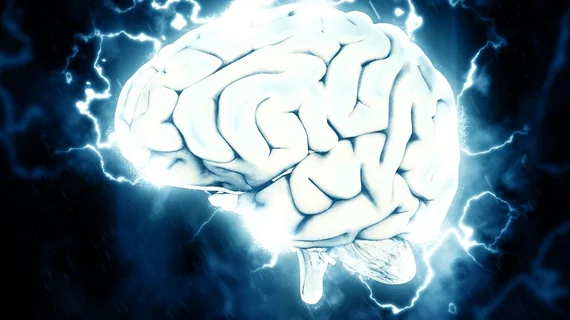AI shows female brains are 3.8 years younger than male counterparts
An AI algorithm helped determine adult women’s brains are, on average, a few years younger than the brains of males of the same age, according to research published in the Proceedings of the National Academy of Sciences.
Researchers, led by first author Manu S. Goyal, MD, of the Washington University School of Medicine in St. Louis (WUSM), used AI on positron-emission tomography (PET) brain scans of 121 women and 84 men to determine how the brain processes sugar.
All brains—from babies to young adults—process their brain fuel for aerobic glycolysis, which sustains brain development and maturation. However, the rate of aerobic glycolysis decreases with age and levels off around the 60s.
To determine how the brain uses sugar as people grow and age, the cohort underwent PET and MRI scans to measure total glucose and oxygen consumption in different regions of the brain.
Researchers trained an AI algorithm to find the relationship between age and brain metabolism by feeding it the men’s ages and brain metabolism data. They did the same for the women’s brain scans and directed the program to determine each woman’s brain age from its metabolism.
Goyal and colleagues found the women’s brains were, on average, 3.8 years younger than their chronological ages. And when the researchers fed the algorithm women’s data and applied it men’s data, they found that men’s brains were about 2.4 years older than their true age.
“The average difference in calculated brain age between men and women is significant and reproducible, but it is only a fraction of the difference between any two individuals,” Goyal said in a prepared statement. “It is stronger than many sex differences that have been reported, but it’s nowhere near as big a difference as some sex differences, such as height.”
Goyal and colleagues’ findings are consistent with previous research. They commented on the value of applying machine learning to assess factors that influence brain aging.
“It’s not that men’s brains age faster—they start adulthood about three years older than women, and that persists throughout life,” Goyal said in the same statement. “What we don’t know is what it means. I think this could mean that the reason women don’t experience as much cognitive decline in later years is because their brains are effectively younger, and we’re currently working on a study to confirm that.”

